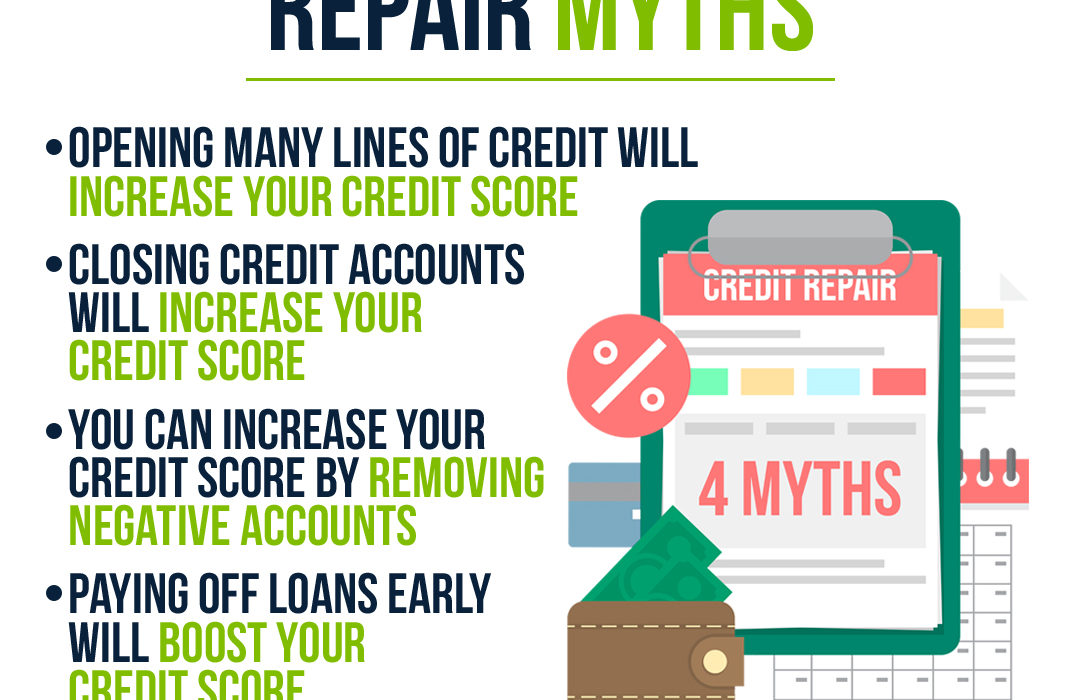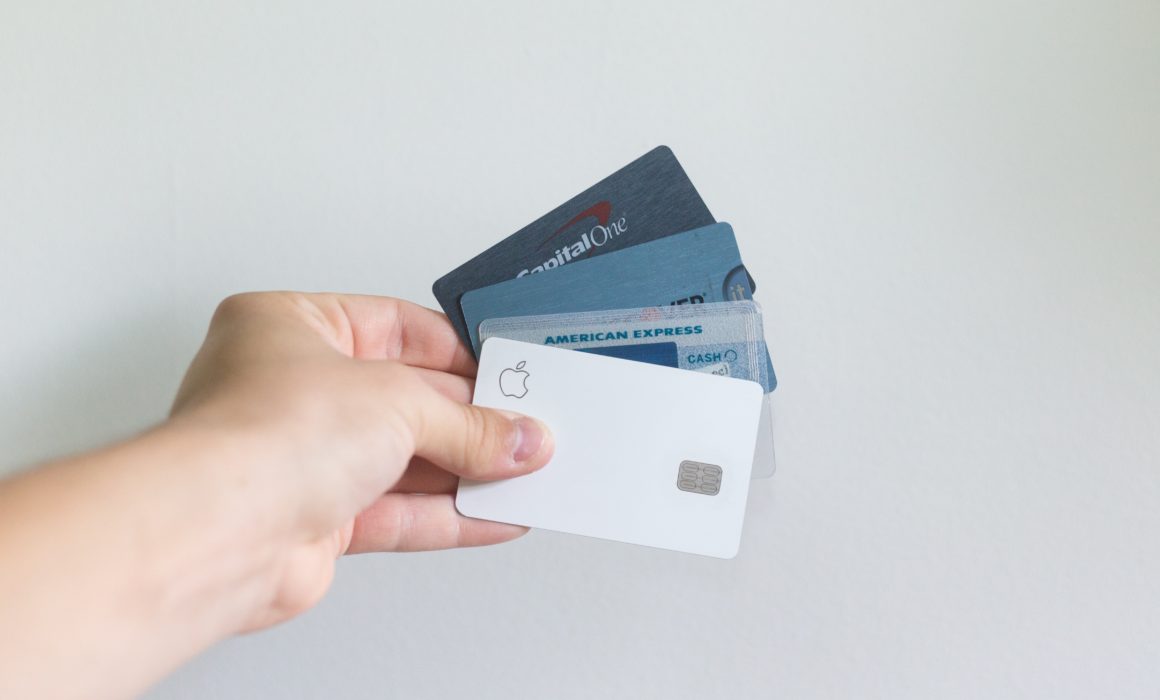In the digital age, where personal information is increasingly stored online, the risk of data breaches has become a prevalent concern. Beyond the immediate threats of identity theft and financial loss, data breaches can have lasting consequences on individuals’ credit. In this blog, we’ll explore the intricate ways in which data breaches can affect credit scores and the steps consumers can take to safeguard their financial well-being.
- Identity Theft and Unauthorized Credit Accounts:
Data breaches expose individuals to the risk of identity theft, where malicious actors use stolen information to open unauthorized credit accounts. This fraudulent activity can result in a significant negative impact on credit scores as these unauthorized accounts accumulate debts and missed payments.
- Credit Report Inaccuracies:
Data breaches may lead to inaccuracies on credit reports, affecting the information used to calculate credit scores. Inaccurate reporting can include unfamiliar accounts, incorrect payment history, or inaccurate personal details. Consumers should regularly monitor their credit reports for any discrepancies and dispute inaccuracies promptly.
- Credit Freezes and Fraud Alerts:
In response to a data breach, individuals can take proactive measures to protect their credit. Placing a credit freeze on one’s accounts restricts access to credit information, making it more challenging for fraudsters to open new accounts. Additionally, setting up fraud alerts notifies creditors to take extra steps in verifying the identity of the person applying for credit.
- Credit Score Impact:
The aftermath of a data breach often includes a direct impact on credit scores. The extent of the impact depends on the severity of the breach and how quickly individuals can address the resulting issues. Late payments, defaults, and increased credit utilization resulting from identity theft can contribute to a significant drop in credit scores.
- Rebuilding Credit Post-Breach:
Recovering from the credit fallout of a data breach requires diligence and strategic action. Consumers should report any suspicious activity immediately, work with credit reporting agencies to correct inaccuracies, and consider enlisting the help of identity theft resolution services. Rebuilding credit may also involve responsible financial practices, such as timely payments and maintaining low credit card balances.
- Legislation and Consumer Protections:
In response to the growing threat of data breaches, various laws and regulations have been enacted to protect consumers. The Fair Credit Reporting Act (FCRA) and the Fair and Accurate Credit Transactions Act (FACTA) provide consumers with rights and tools to address inaccuracies in their credit reports and protect against identity theft.
Conclusion:
As our lives become increasingly digitized, the risk of data breaches impacting credit scores remains a significant concern. Consumers must be proactive in monitoring their financial accounts, promptly addressing any suspicious activity, and taking advantage of available tools and legislation to safeguard their credit. By staying informed and taking swift action in the face of a data breach, individuals can mitigate the long-term consequences on their credit and maintain financial stability in an ever-evolving digital landscape.






Recent Comments